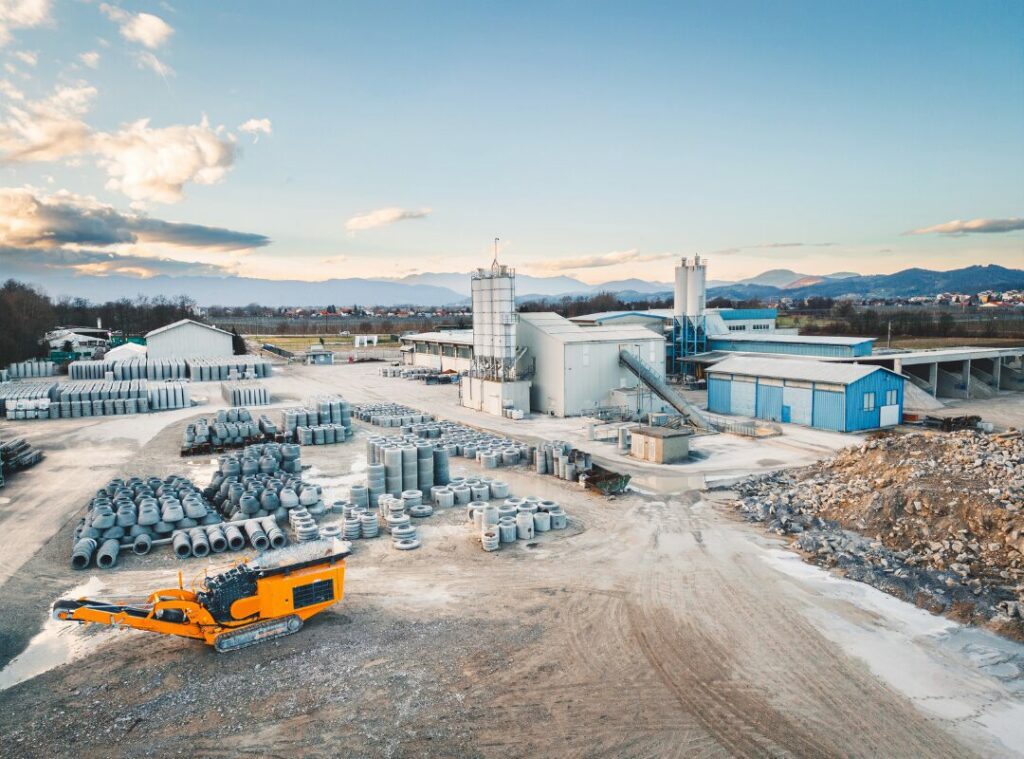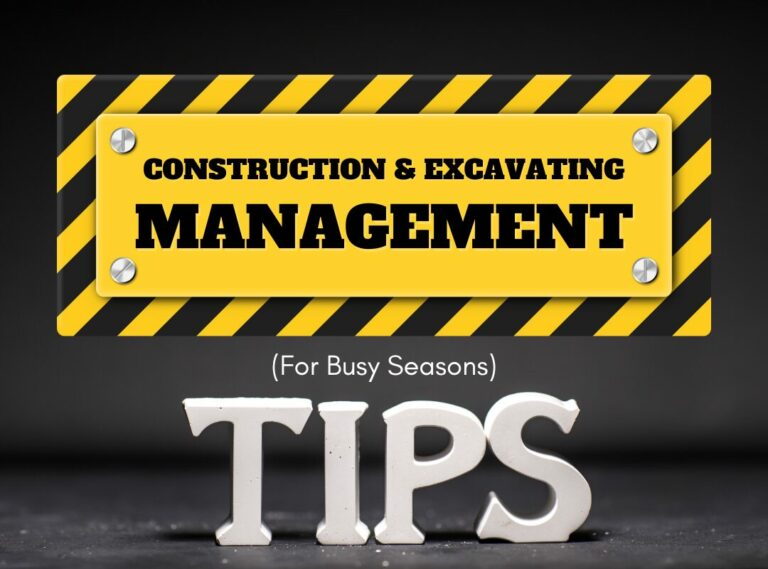The busy season for construction and excavating companies is a time when careful planning and smart prioritization are critical to managing the intense workload. Some tasks are absolutely essential and cannot be put off, while others, though important, can be delayed if necessary. Understanding which is which can help you stay on track, keep your team motivated, and deliver successful projects. Below is a breakdown of tasks you must stay on top of and those you can afford to postpone if things get particularly hectic.
Tasks You Can't Put Off (And Why)
1. Project Scheduling and Management
Why It’s Critical: Effective project scheduling and management are essential to ensuring that projects stay on track, deadlines are met, and resources are allocated efficiently. Without a well-structured plan, the entire project can quickly fall into disarray, leading to delays, cost overruns, and unsatisfied clients.

2. Safety and Compliance
Why It’s Critical: Safety and compliance are non-negotiable. Protecting your workers and ensuring that all operations adhere to local regulations are paramount to avoiding accidents, fines, or even legal action. Regular safety checks and training are essential to maintaining a safe work environment.
3. Client Relations
Why It’s Critical: Maintaining strong relationships with clients through regular communication is key to ensuring their satisfaction and securing future business. Keeping clients informed about project progress and any potential issues helps build trust and prevents misunderstandings.
4. Resource Allocation
Why It’s Critical: Proper allocation of resources—including equipment, manpower, and materials—ensures that each project has what it needs to progress smoothly. Inefficient resource management can lead to delays, increased costs, and strained team dynamics.
5. Financial Management
Why It’s Critical: Staying on top of your finances is crucial to maintaining profitability. Regularly tracking budgets and managing cash flow ensures that you avoid overspending and can cover all necessary expenses. Financial oversight is essential to the long-term health of your business.

6. Supplier and Subcontractor Coordination
Why It’s Critical: Ensuring that suppliers deliver materials on time and that subcontractors meet their deadlines is vital to keeping projects on schedule. Poor coordination can lead to costly delays and disrupt the entire workflow.
7. Weather Monitoring
Why It’s Critical: Weather can significantly impact construction and excavation projects. By regularly monitoring forecasts, you can anticipate delays, adjust schedules, and implement contingency plans. Ignoring weather conditions can result in work stoppages and safety hazards.

Tasks You Can Put Off (And Why)
1. Technology and Tools Upgrades
Why You Can Delay: While technology and tools are essential for efficiency, upgrades or the implementation of new systems can often be postponed until a less busy period. As long as your current tools are functioning adequately, you can delay these tasks without major disruptions.
2. Deep Financial Analysis
Why You Can Delay: While basic financial management is crucial, more detailed financial analysis and forecasting can be put off until things calm down. As long as you’re keeping a close eye on your budget and cash flow, you can delay deep dives into financial data without risking immediate project success.
3. Non-Essential Training
Why You Can Delay: While ongoing training is important, non-essential training sessions or team-building activities can be postponed during peak periods. This allows you to focus more on project completion and less on long-term employee development, which can be revisited when things slow down.
4. Detailed Contract Reviews
Why You Can Delay: Regular contract reviews are important, but in-depth analyses can often be postponed if you’re confident that your current contracts are in order. You can revisit these tasks when there’s more time to thoroughly assess and negotiate terms without disrupting ongoing projects.

Conclusion: Balancing Priorities During the Busy Season
Successfully navigating the busy season in construction and excavating requires a clear understanding of which tasks are essential and which ones can be postponed. By focusing on the critical areas—like project scheduling, safety, client relations, and resource management—you can keep your operations running smoothly and avoid major setbacks. At the same time, recognizing where you can afford to delay certain tasks gives you the flexibility to manage your workload without compromising overall project success. With careful planning and smart prioritization, you can make it through the busiest times while maintaining high standards and client satisfaction.






